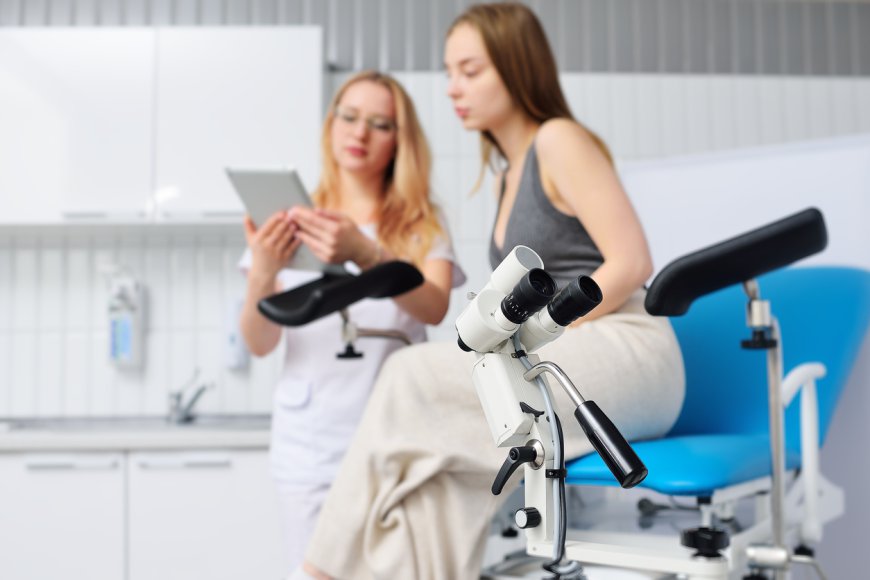Post-surgery care is crucial for achieving optimal results and a smooth recovery after perineoplasty surgery in Dubai. This guide provides essential information on managing your recovery effectively, ensuring proper healing, and minimizing complications.
Immediate Post-Surgery Care
Pain Management: Expect some level of discomfort following perineoplasty. Your surgeon will likely prescribe pain medication to help manage this. Take medications as directed and consult your doctor if pain persists or worsens.
Wound Care: Keep the surgical area clean and dry. Follow your surgeon’s instructions on how to care for the incisions, including any recommended cleaning techniques and dressings. Avoid submerging the area in water (e.g., baths, swimming pools) until your surgeon gives you the go-ahead.
Swelling and Bruising: It is normal to experience swelling and bruising around the surgical site. Applying ice packs, wrapped in a cloth, to the area can help reduce swelling. Limit the application to 15-20 minutes every hour as needed.

Activity and Movement
Rest and Avoiding Strain: Rest is crucial during the initial recovery phase. Avoid activities that could strain the perineal area, such as heavy lifting, vigorous exercise, or prolonged standing.
Gradual Resumption: Follow your surgeon’s guidance on when and how to gradually resume normal activities. Typically, light activities can be reintroduced after a few weeks, but ensure you do so as advised.
Pelvic Floor Exercises: Once cleared by your surgeon, pelvic floor exercises can help strengthen the area and support recovery. Start these exercises gently and gradually increase intensity as directed.
Diet and Hydration
Balanced Diet: Eat a nutritious, balanced diet to support healing. Focus on foods rich in vitamins, minerals, and protein. Foods high in fiber can help prevent constipation, which is important as straining during bowel movements can affect recovery.
Hydration: Drink plenty of water to stay hydrated. Adequate hydration supports overall health and helps prevent complications such as constipation.
Follow-Up Care
Scheduled Appointments: Attend all follow-up appointments with your surgeon. These visits are crucial for monitoring your recovery, removing stitches if necessary, and addressing any concerns.
Reporting Issues: Contact your surgeon if you experience any unusual symptoms, such as severe pain, excessive swelling, signs of infection (redness, warmth, or discharge), or fever. Early intervention can prevent complications.
Emotional and Psychological Support
Managing Expectations: Understand that healing takes time, and it’s normal to experience a range of emotions during recovery. Be patient with yourself and recognize that gradual improvements are part of the healing process.
Support Systems: Lean on family and friends for support during your recovery. Their assistance can be valuable, whether it’s helping with daily tasks or providing emotional encouragement.
Returning to Normal Activities
Exercise and Physical Activity: Follow your surgeon’s advice on resuming physical activities. Typically, more strenuous exercises can be reintroduced after several weeks. Start with low-impact activities and gradually increase intensity as your body allows.
Sexual Activity: Your surgeon will provide specific guidelines on when it is safe to resume sexual activity. It’s essential to follow these recommendations to avoid complications and ensure proper healing.
Long-Term Care
Ongoing Monitoring: Continue to monitor your recovery and report any persistent issues or changes to your surgeon. Long-term follow-up may be necessary to ensure complete healing and address any residual concerns.
Lifestyle Adjustments: Maintain a healthy lifestyle with regular exercise and a balanced diet to support overall pelvic health and well-being.
Conclusion
Effective post-surgery care is vital for a successful recovery from perineoplasty. By following these guidelines, managing pain, avoiding strain, maintaining a balanced diet, and attending follow-up appointments, you can promote optimal healing and achieve the best possible results. Remember, patience and proper care are key to a smooth and successful recovery.


 Muhammad Ahmadz
Muhammad Ahmadz 